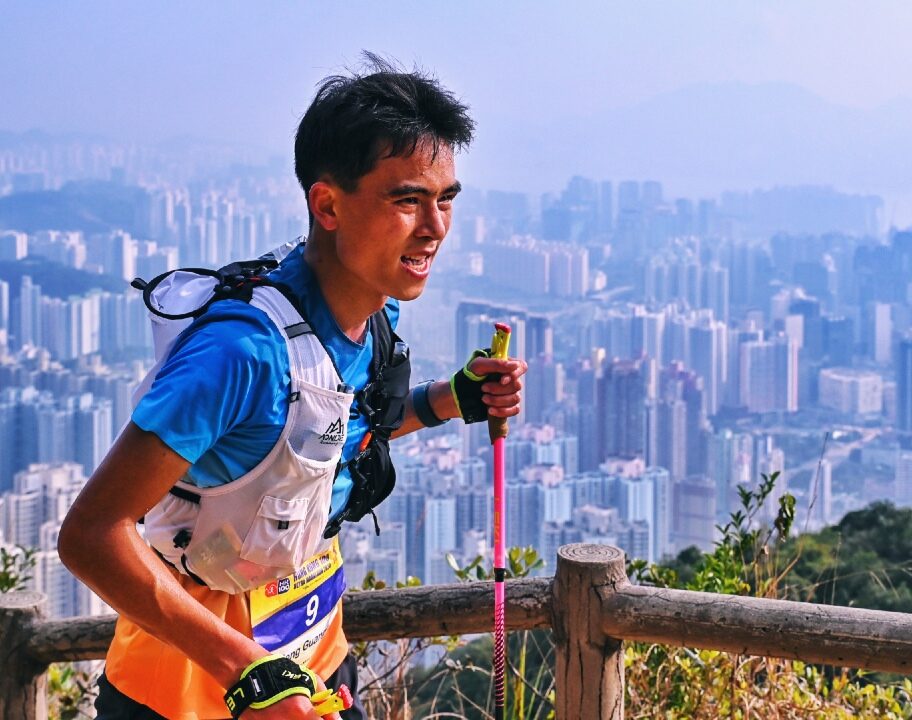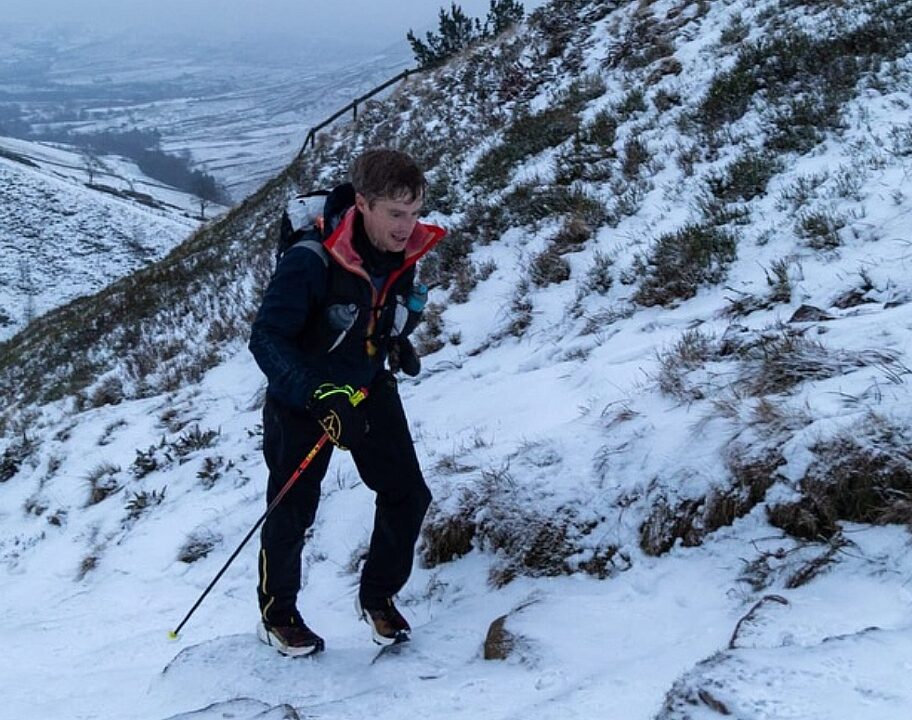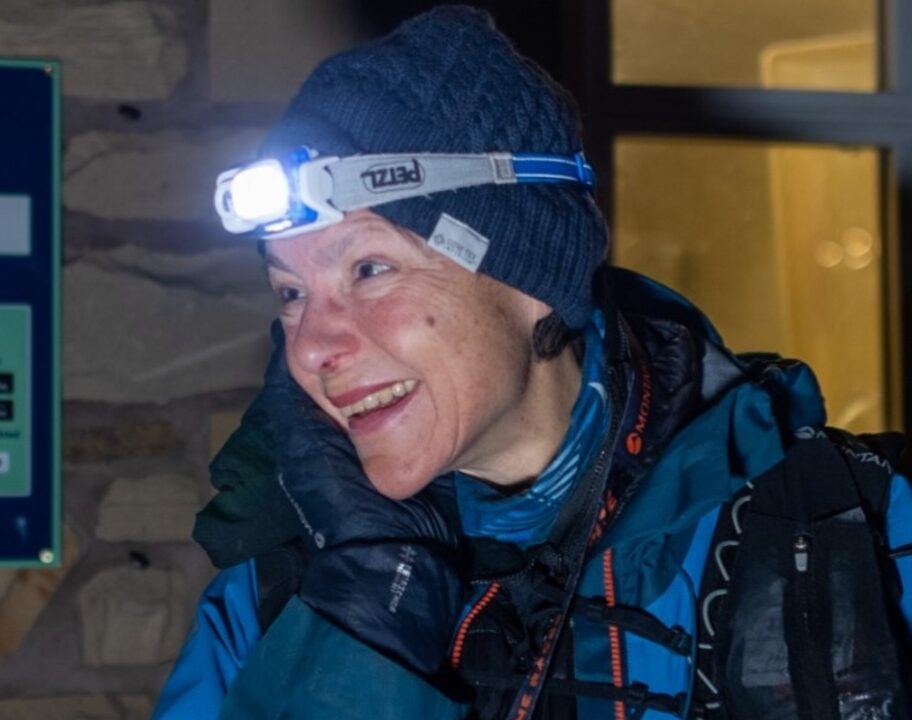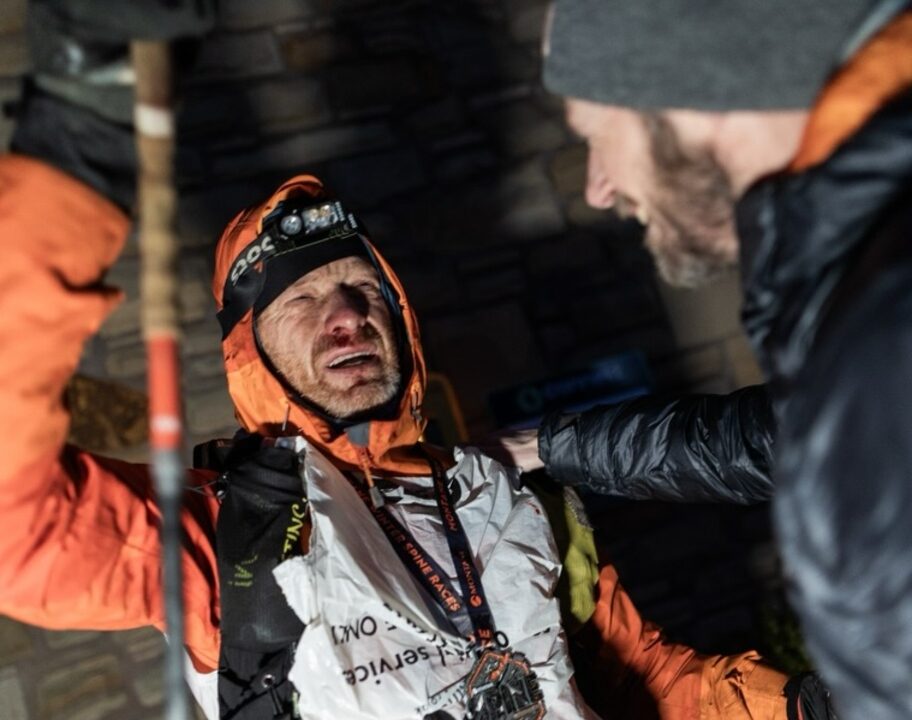The Comrades Marathon offers a variety of medals, badges and prize money to the very best runners among its huge men’s and women’s fields.
Up to 20,000 people compete in the giant 89km South African race every year and each have the opportunity to write their name into over 100 years of history.
Comrades Marathon medals
As with most races, there are gold, silver and bronze medals awarded at the Comrades Marathon – but they do not simply go to the top three finishers.
Any competitor who finishes within the 12-hour cut-off receives a medal.
The first 10 men and women bag themselves a gold medal, while a silver medal goes the men who finish over six hours and under seven and a half hours.
A bronze medal is awarded to anyone who completes the race in over 10 hours but less than 11 hours.
Any man who finishes outside the top 10 but under six hours gets a Wally Hayward medal, and any women from 11th downwards and sub seven-and-a-half hours receives a Isavel-Roche Kelly medal.
The remaining medals for both men and women are the Bill Rowan (seven hours and 30 minutes to sub nine hours), the Robert Mtshali (nine hours to sub 10 hours) and the Vic Clapham (11 hours to sub 12 hours).
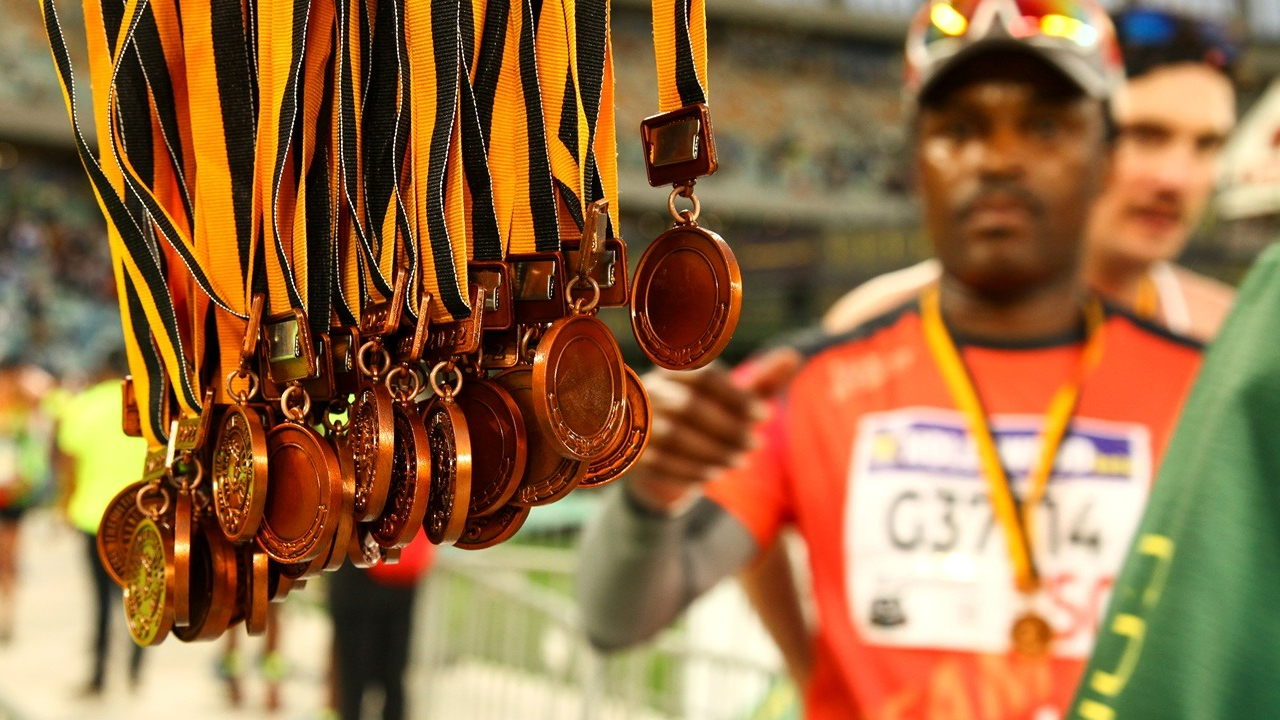
The named medals are dedicated to athletes steeped in the history of the Comrades Marathon:
Wally Hayward was a five-time winner of the Comrades Marathon, breaking the record time on three of those occasions. He became the oldest finisher when he crossed the line as an 80-year-old in 1989.
Isavel-Roche Kelly was he first woman to break the seven-and-a-half hour barrier at the Comrades Marathon at the age of 20 in 1980.
Bill Rowan was the first winner of the Comrades Marathon in 1921, finishing in eight hours and 59 minutes.
Robert Mtshali was the first black runner to complete the Comrades Marathon in 1935. He finished in approximately nine and a half hours, although he wasn’t recorded officially.
Vic Clapham was a World War I veteran who founded the Comrades Marathon in 1921 to commemorate South African soldiers killed during the conflict.
Multiple winners and medal records
Our explainer details the recent winners of the Comrades Marathon but here we’ll take a look at the runners with the most victories and medals.
Most wins
Men: Bruce Fordyce (ZAF) – 9 (1991-1990)
Women: Elena Nurgalieva (RUS) – 8 (2003-2013)
Most gold medals
Gold medals were first awarded to the top six men’s finishers in 1931 and extended to the top 10 in 1972.
Female winners only began receiving gold medals in 1983 – that progressively extended to the top 10 over the next 15 years.
Men: Alan Robb (ZAF) – 12 (1974-1991)
Women: Elena Nurgalieva – 13 (2003–2015)
International (non-African) gold medals
Men: Oleg Kharitonov (RUS) – 7 (2002–2008), Vladimir Kotov (BLR) – 7 (2000–2008)
Women: Elena Nurgalieva – 13 (2003–2015)
Most Wally Hayward medals
Mike Fokoroni (ZWE) – 4 (2012–2018)
The Isavel-Roche Kelly and Robert Mtshali medals were introduced by the Comrades Marathon Association (CMA) in 2019.
Comrades Marathon Green Numbers
Another prize on offer at the Comrades Marathon is a coveted Green Number, but acquiring one is no mean feat.
To earn the accolade and a place of the Roll of Honour, a runner must either win the race three times, or secure five gold medals, or pick up 10 medals.
When a Green Number is attained, it means a runner keeps their race number for life, though it can subsequently be inherited by family members.
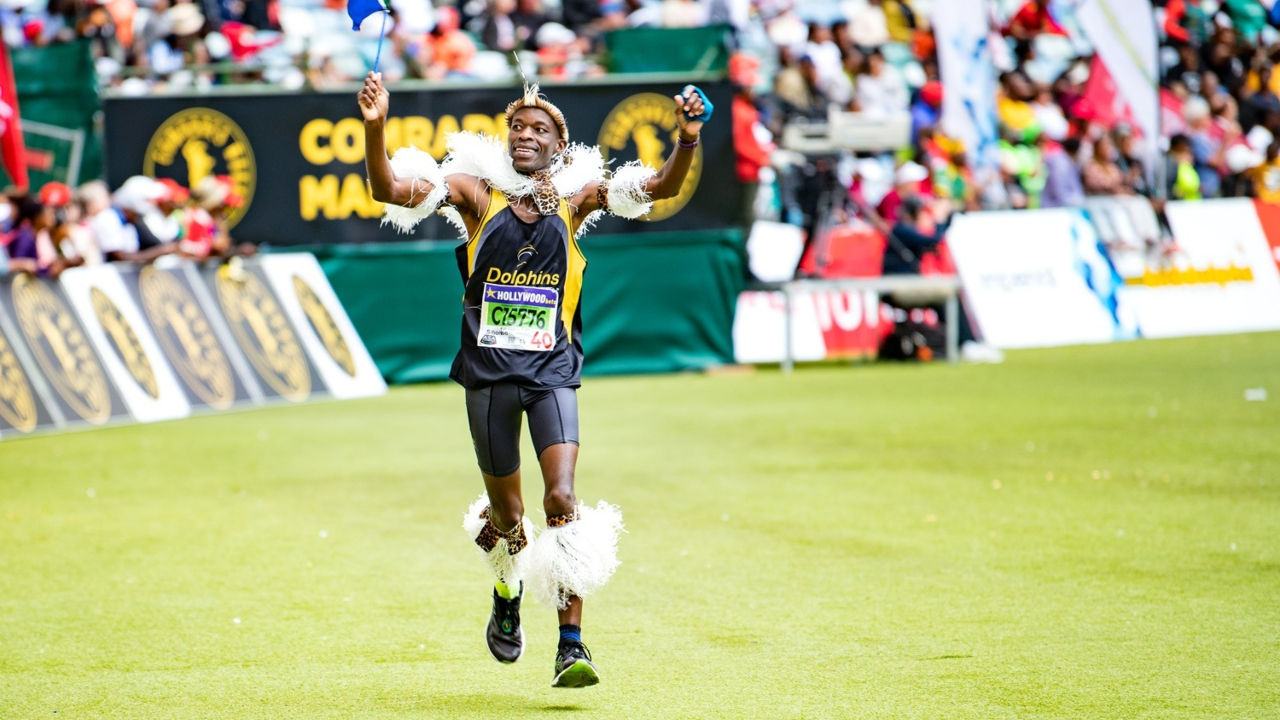
The first time a Green Number is awarded, it is flanked by single laurels. After 20 years competing a double Green Number with double laurels is earned, followed by another laurel every next 10 years.
The concept of Green Numbers was first introduced in 1972 but applied retrospectively, so the Roll of Honour is a complete list of those who have met the criteria.
Comrades Marathon prize money
The top 10 men and women at the Comrades Marathon both receive the following prize money:
1st – R500,000 (€24,100)
2nd – R250,000 (€12,075)
3rd – R180,000 (€8,694)
4th – R90,000 (€4,347)
5th – R70,000 (€3,381)
6th – R40,000 (€1,932)
7th – R35,000 (€1,690)
8th – R30,000 (€1,449)
9th – R25,000 (€1,207)
10th – R20,000 (€966)
Age group prize money
There is also prize money on offer for the top three finishers in three men’s and women’s age categories:
40-49 years
1st – R20,000 (€966)
2nd – R12,000 (€580)
3rd – R6,000 (€290)
50-59 years
1st – R12,000 (€580)
2nd – R6,000 (€290)
3rd – R4,000 (€194)
60+ years
1st – R6,000 (€290)
2nd – R4,000 (€193)
3rd – R3,000 (€145)
Team prize money
In order to qualify for a team prize an athlete must compete wearing officially registered club colours. Team prizes are calculated on the combined times of the first four club members to finish.
There is prize money awarded to the top performing men’s and women’s teams in three categories:
Professional
1st – R37,000 (€1,791)
2nd – R12,000 (€581)
20-39 years
1st – R16,000 (€774)
Over 40 years
1st – R12,000 (€581)
Other prize money
The first South African citizen (men and women) to complete the event will each receive R200,000 (€9,680).
The first male and females KwaZulu-Natal athletes (an athlete domiciled in the province of KwaZulu–Natal and licensed by KwaZulu–Natal Athletics) to complete the race will each receive R60,000 (€2,904) from the KwaZulu-Natal Department of Sport, Arts and Culture.


